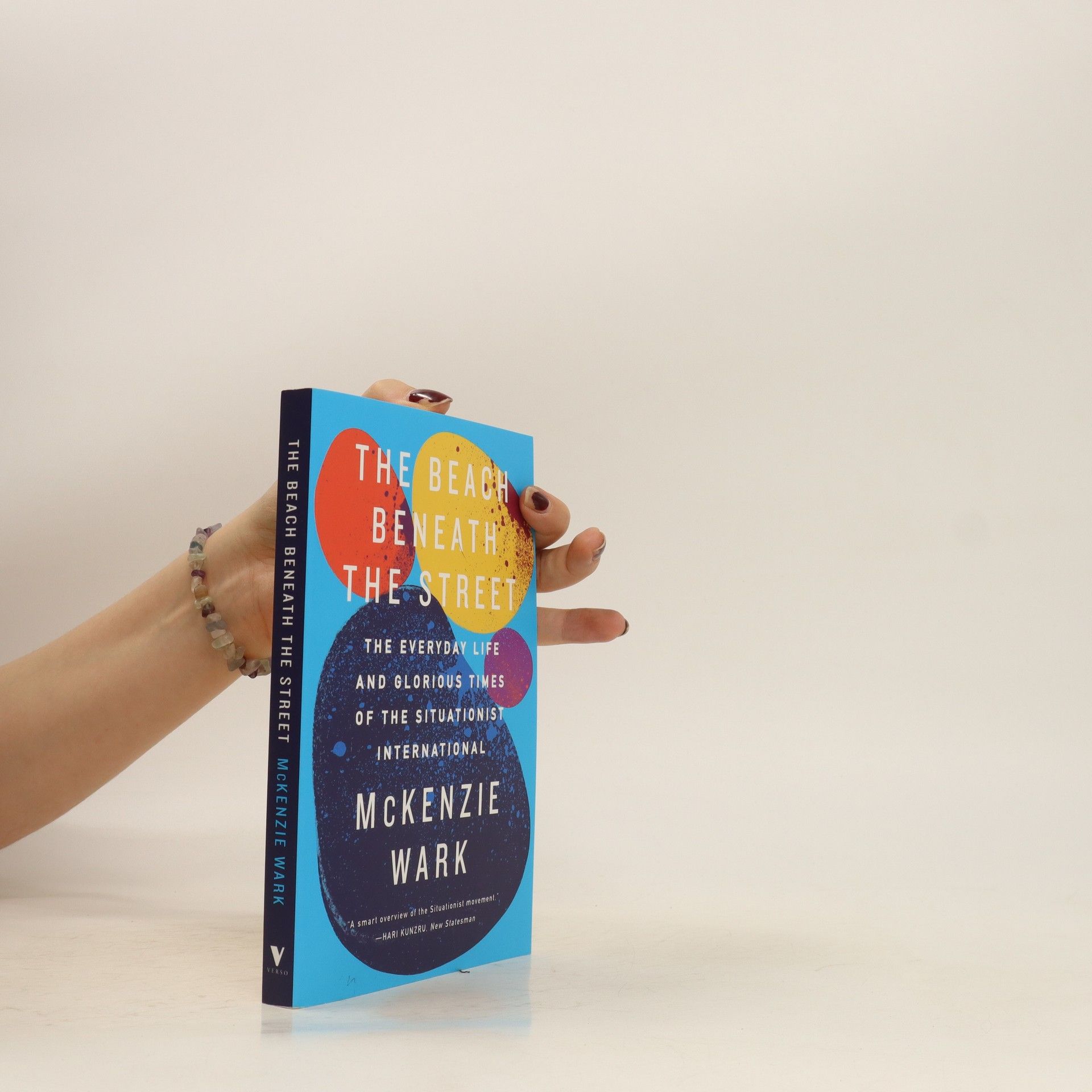Technicity
- 375 pages
- 14 hours of reading
This collection of writings explores the theory and praxis of technicity in contemporary thought. From the ground-breaking explorations of such figures as Freud, Heidegger, Deleuze/Guattari and Derrida to the work of more recent theorists like Bernard Stiegler, Friedrich Kittler and Katherine Hayles, it is becoming possible to speak of a new "technological turn" in contemporary continental theory. Yet despite the plethora of work in the field there has not been any sustained attempt to think through the larger philosophical, cultural and political implications of the new technologies. In this collection, a group of internationally-known figures within the fields of philosophy, linguistics and cultural studies come together to consider the meaning of "technicity" at the beginning of the 21st century. Contributors: Bernard Stiegler, Louis Armand, Arthur Bradley, Christopher Johnson, Hartmut Winkler, J. Hillis Miller, Belinda Barnet, Geert Lovink and Kenneth C. Werbin, Darren Tofts, McKenzie Wark, Niall Lucy, Laurent Milesi, Michael Greaney, Mark Amerika.






